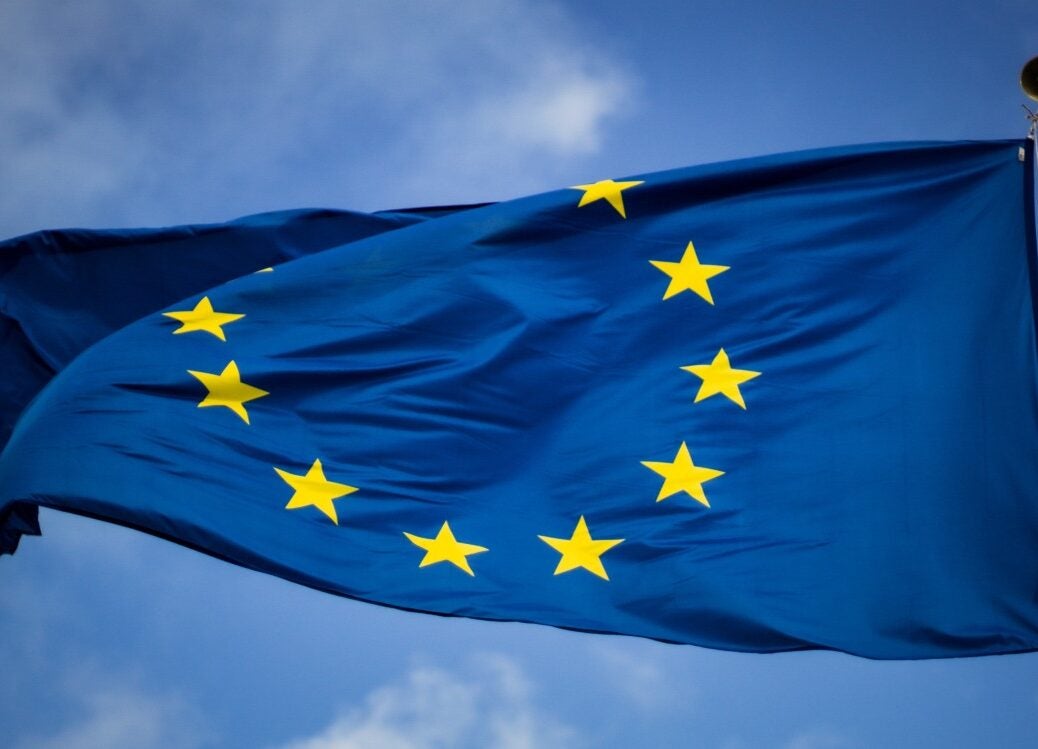
Post-Brexit, London is open for business. How can ministers keep it that way, asks Eliot Wilson
For those who work in the City or rely on it, the big question of Brexit has been: what will happen to London?
The UK’s capital has ridden high as the world’s centre of financial services. However, it was accepted wisdom in boardrooms and dining rooms that this depended heavily on access to the EU’s free market. Any barriers to trade, which seemed inevitable in the wake of Brexit, would hobble London. And this just as other cities (primarily New York but also Amsterdam, Shanghai and Hong Kong) were beginning to surge forward.
In January it seemed as if the worst fears had come true. Amsterdam, previously sixth-largest in Europe, overtook London to become the continent’s largest share-trading centre. Daily trading leapt from €2.6 billion to €9.2 billion. By contrast, in London trading halved from €17.5 billion to €8.6 billion. The prima facie reason for this is simple. Shares traded in Euros must be traded on EU exchanges or in countries with ‘equivalence’. London failed to maintain this status after Brexit.
It makes a good headline for a press hunting for bad-news stories. At least Amsterdam’s dominance is a change from the argument that New York will put London in the shadows. In truth, though, this is small beer, with only a handful of jobs moving from one exchange to another. Plus, only 20% of London’s financial services are with the EU. Nevertheless, it does focus the mind.
What should the government do?
What is government’s overall vision for the Square Mile in ‘Global Britain’? The prime minister has talked grandly of London thriving ‘like never before’. In January, however, the City minister, John Glen, rubbished the idea of ‘Singapore-on-Thames’ and ruled out ‘seeking to wilfully diverge in every area for the sake of short-term presentational gain’. Reconciling these two missions is, to say the least, challenging.
Chasing absolute equivalence with the EU would make a mockery of Brexit, and would be a bizarrely distorted policy priority given the volume of trade with the bloc. But the Treasury is right to identify rigorous regulation as a key part of the City’s appeal. Whatever the Prime Minister may glimpse in his visions, the appeal of a regulatory bonfire is limited to the libertarian right and extreme free-marketeers.
A coherent, long-term plan
There are two major factors to bear in mind as the government tries to create a long-term plan for financial services. The first is prioritisation. When we talk about ‘financial services’, what, in the context of the City, do we really mean? Retail banks with a UK focus are likely to remain in London, and some of the international groups, like HSBC, have been considering refocusing in any case. Effort should be expended to court and retain the big investment houses and services for high-net-worth individuals. HNWs are hard-wired into the UK ecosystem, attracted by depth of talent, the legal system, relatively low taxation and factors like education, culture and language.
This is an ecosystem which the government must nurture. UK universities need to produce highly successful and rounded graduates, with better language skills than are currently to be found. The government should also work with arm’s-length bodies like Tech Nation to create fertile ground for start-ups, especially in fintech, a sector in which the UK currently excels. If there is a financial services war, it will be won by talent, technology and adaptability.
The second factor is a further reaching question. The idea of significant deregulation is not an attractive one. It would likely lead to retaliatory moves by other jurisdictions. In any case, one of London’s strongest suits is its reputation. If we want to maintain high regulatory standards, as the industry and the more closely engaged ministers do, then how can we use our new-found freedom?
The City as an ‘ideas lab’
One idea would be to experiment in new sectors such as green finance and data. The City could become an ‘ideas lab’ for new classes of assets, and could develop products that other financial centres simply don’t (yet) have. Rishi Sunak has already mapped out a course for sovereign green bonds. But the market has an appetite for more than that. The government should draw on the talent and tech discussed above to encourage a culture of innovation and experimentation, allowing the City to seize a first-adopter advantage in new assets and procedures.
Naturally other countries would adopt products which turned out to be profitable. That is the nature of the free market. But London could become the natural wellspring of these products, using its freedom to develop them and then cashing in on exporting them and the associated software and licensing. A spell in the City could be entrenched as a necessary education for ambitious young bankers and asset managers. Many would stay but some would go abroad to the other financial centres, and could be in effect ambassadors for what London does. What better expression of ‘global Britain’ could there be?
Eliot Wilson is co-founder of Pivot Point Group
Read more:
The Spear’s interview interview: Nigel Farage on Brexit, Boris and being hated
Investec’s private capital head on Brexit, business and ‘super normal’ opportunities
Interview: Clive James on Dante, Brexit and Trump








